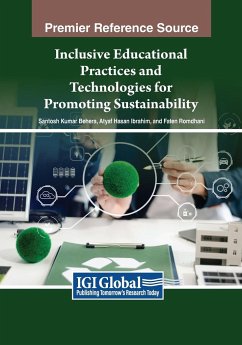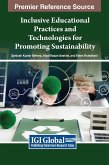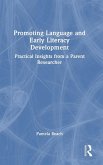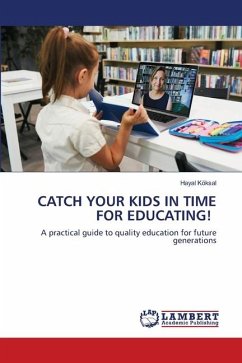In today's rapidly evolving world, the digital learning gap presents a significant challenge, impacting the effectiveness of education and the development of essential skills for future generations. Traditional teaching methods often fail to meet students' diverse needs, leading to a skills gap between current and future workers. Additionally, the ambiguity in defining concepts such as the "heap paradox" and the inadequacies of traditional economic measures like GDP highlights the need for more nuanced and comprehensive approaches to education, environmental psychology, and sustainable development. Inclusive Educational Practices and Technologies for Promoting Sustainability offers a multifaceted solution to these pressing issues by exploring the transformative potential of Educational Technology (EdTech), the insights of environmental psychology, and the importance of holistic measures of human welfare. By showcasing how EdTech can bridge the digital learning gap, enabling teachers to employ diverse strategies and better meet students' needs, we demonstrate its potential to revolutionize education and support the growth of the next generation. The book also delves into the paradox of the heap, where logic, vagueness, and philosophy complicate our methods of thinking. It illustrates the complexities of everyday concepts and their relevance to environmental psychology while advocating for a deeper understanding of the human-nature relationship.
Hinweis: Dieser Artikel kann nur an eine deutsche Lieferadresse ausgeliefert werden.
Hinweis: Dieser Artikel kann nur an eine deutsche Lieferadresse ausgeliefert werden.








